Services
Meklin Excavating has a lot to offer it’s customers from septic work to driveway repair and everything in between we help our clients get the job done.

Excavating
Excavation services involve the removal of soil, rock, and other materials from a site in order to prepare it for construction or other purposes.
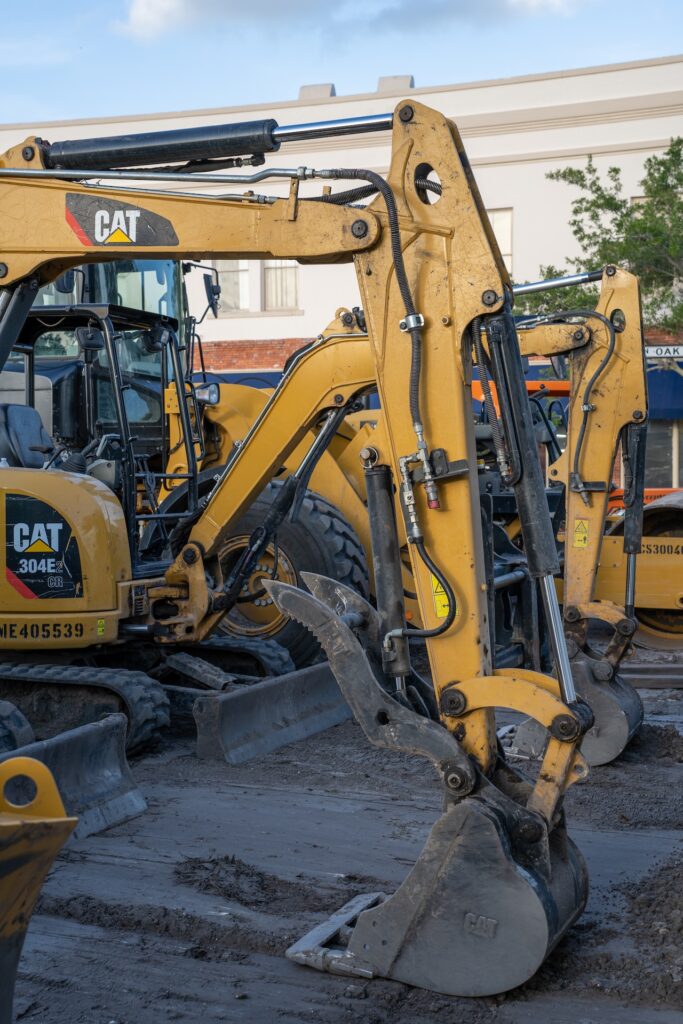
Septic
Septic installations involve the installation of a septic system that collects and treats wastewater from a building, allowing it to be safely discharged into the surrounding soil.
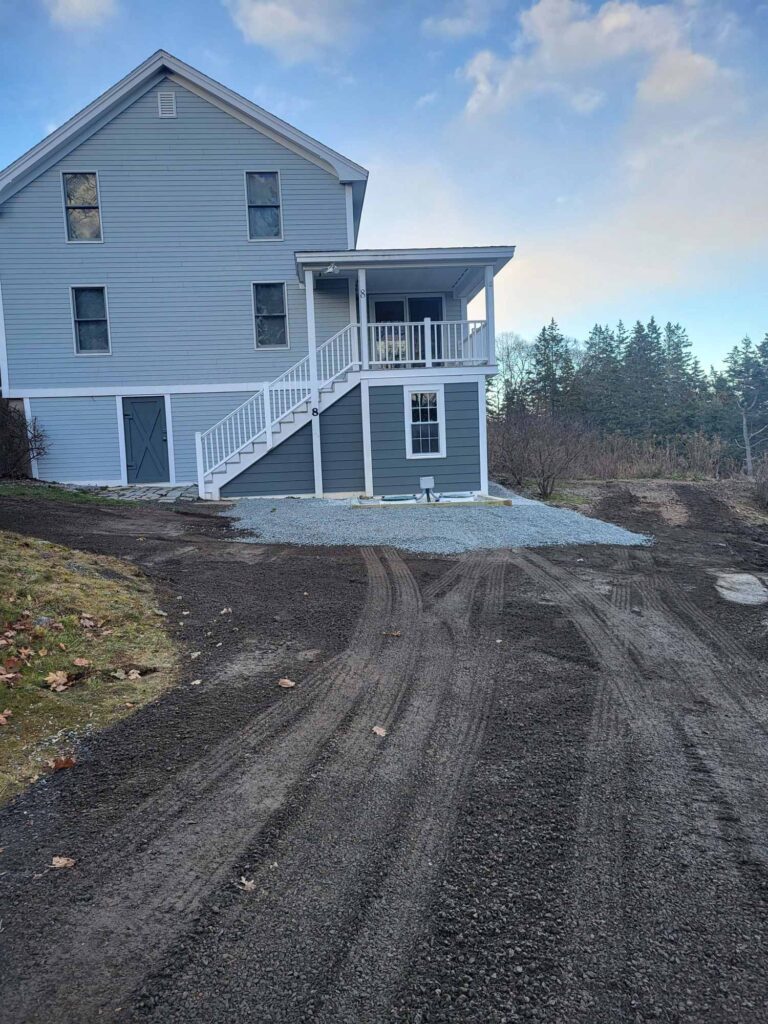
Driveway
Driveway installations involve the construction of a driveway or parking area, typically using materials such as asphalt, concrete, or gravel, to provide a smooth and durable surface for vehicles to travel on.
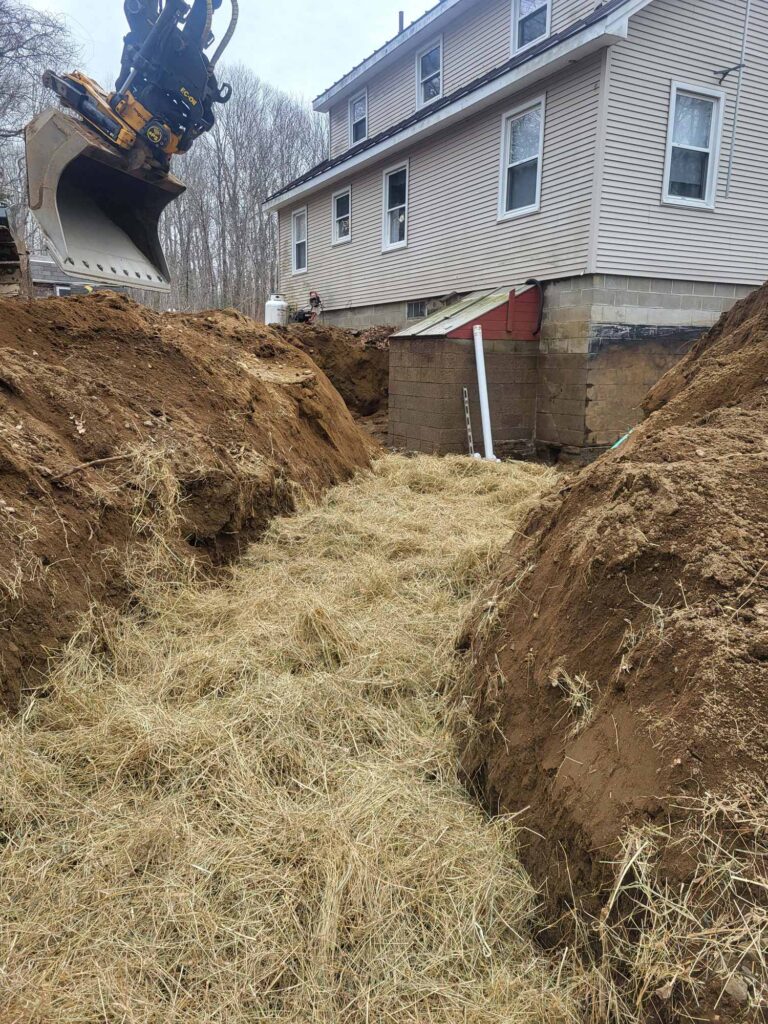
Drainage
Drainage services involve the installation of drainage systems, such as French drains or catch basins, to manage the flow of water away from a property, preventing flooding and water damage.
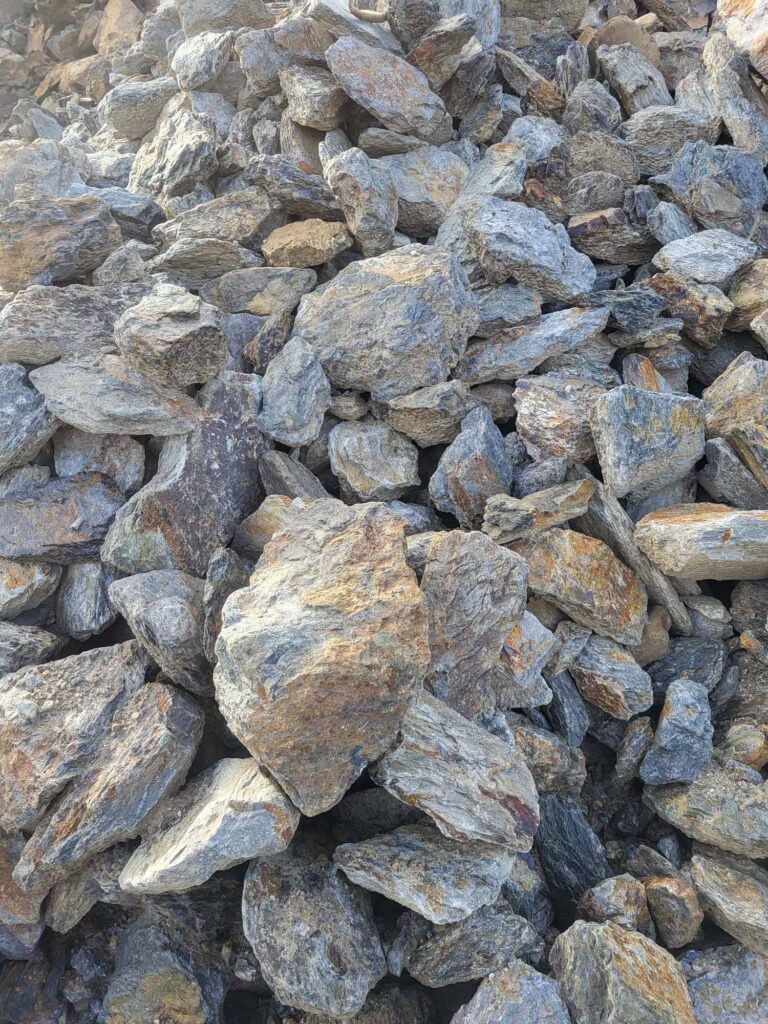
Materials
Fill materials, such as gravel, sand, or topsoil, are used in excavation services to fill in a site or create a level base for construction or landscaping projects.

Site Work & House Lots
Site work refers to the preparation of a site for construction or development, including excavation, grading, and installation of utilities and infrastructure.
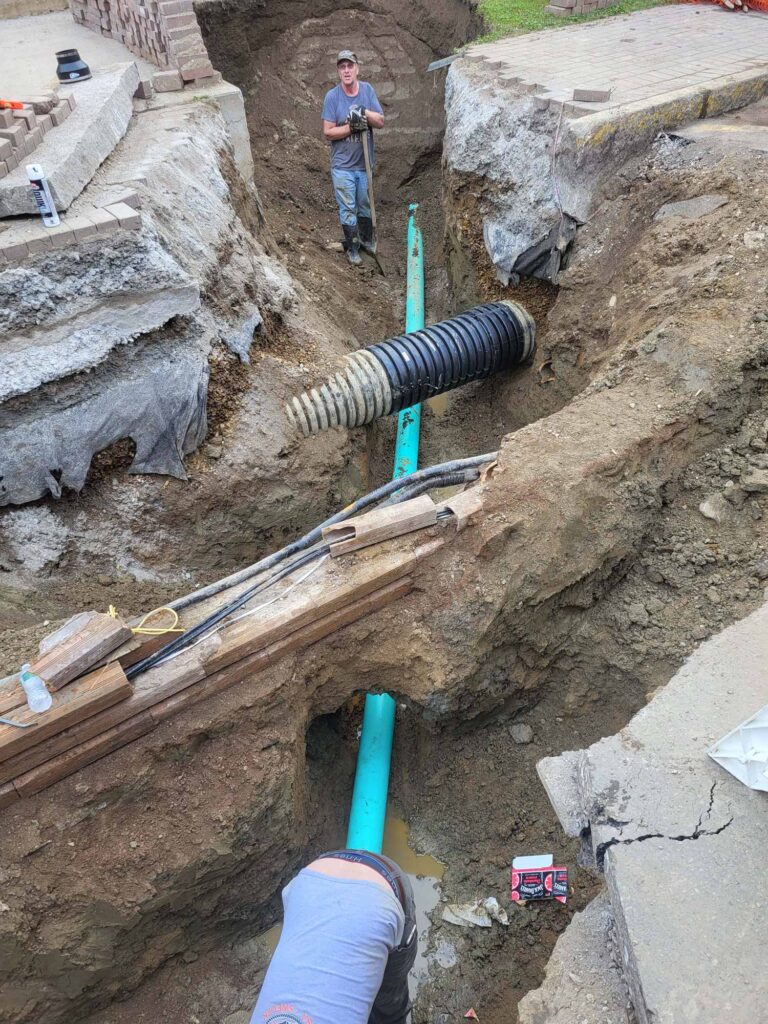
Sewer & Water Line Repair
Sewer and water line repair involves identifying and fixing issues with the pipes that carry water and waste away from a building, ensuring that they function properly and prevent damage to the property.
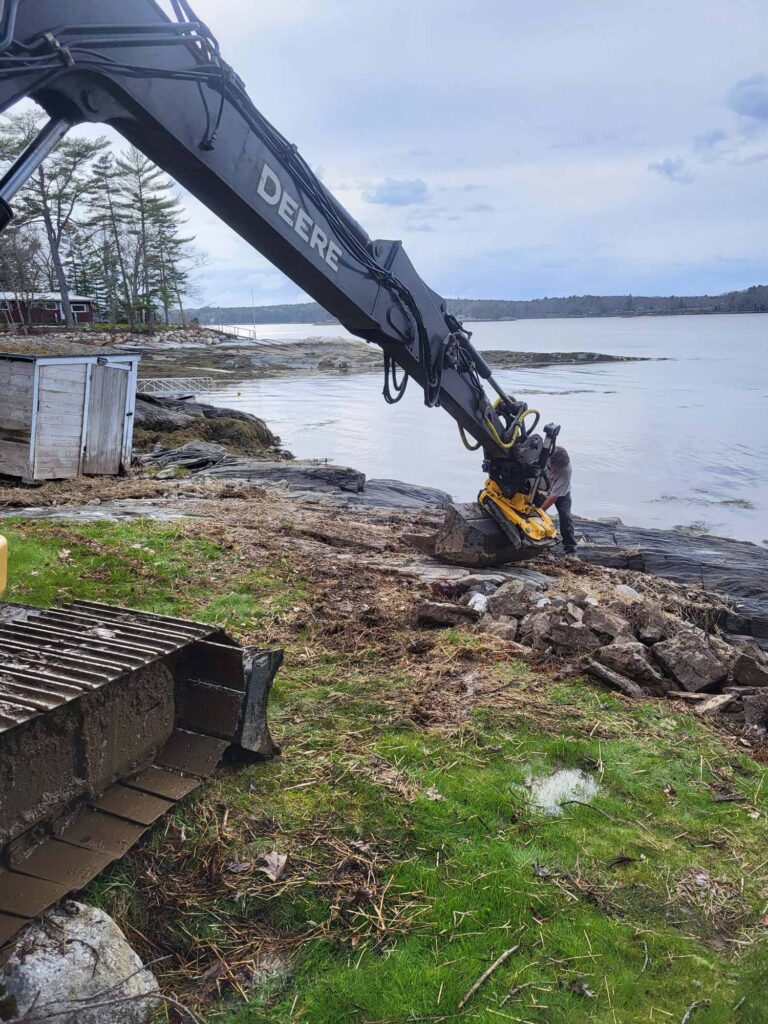
Water Retention
Water retention refers to the use of techniques such as rain gardens or retention ponds to capture and manage rainwater, preventing it from causing erosion, flooding, or other types of water damage.
FAQ
Excavating is the process of removing earth or rock to create a cavity or hole in the ground. Excavating services can include digging foundations for buildings, excavating trenches for utilities like water and gas lines, grading and leveling land, and creating retention ponds.
Excavating services use a variety of heavy equipment such as excavators, backhoes, bulldozers, skid-steer loaders, and dump trucks to remove and transport earth and rocks.
Excavating services can excavate materials such as soil, rock, sand, gravel, clay, and debris.
The depth of an excavation will depend on the purpose of the project. Excavations for building foundations can go up to several meters deep, while excavations for utilities like water and gas lines are usually shallower.
Excavating projects must follow strict safety guidelines to prevent accidents and injuries. Safety measures can include using proper protective gear, securing the excavation site with barricades, and checking for the presence of underground utilities before digging.
Yes, excavation services can be performed in residential areas. However, homeowners must obtain the necessary permits and approvals before starting an excavation project.
The cost of excavation work depends on factors such as the size and depth of the excavation, the type of materials being excavated, and the location of the project. Excavation services are usually priced per hour or per project.
Permits and approvals vary depending on the location and type of excavation project. Excavation projects usually require permits from local building departments and may also require approvals from environmental agencies.
The duration of an excavation project will depend on the size and complexity of the project. Simple excavation projects can be completed in a few days, while larger projects can take several weeks or even months to complete.
Excavating services may not be possible in extreme weather conditions such as heavy rain, snow, or freezing temperatures. Excavation contractors will determine whether the weather conditions are safe for excavation work.
Common problems during excavation work include encountering unexpected underground utilities or other obstacles, soil erosion or collapse, and cave-ins or trench collapses.
During an excavation consultation, the contractor will evaluate the site, discuss your excavation needs and preferences, and provide you with an estimate for the project. The contractor may also discuss permits and approvals needed for the project and any safety or environmental concerns.
Looking For More Information On Your Next Project?
Get in touch with us and we will get back to you as soon as we can!
